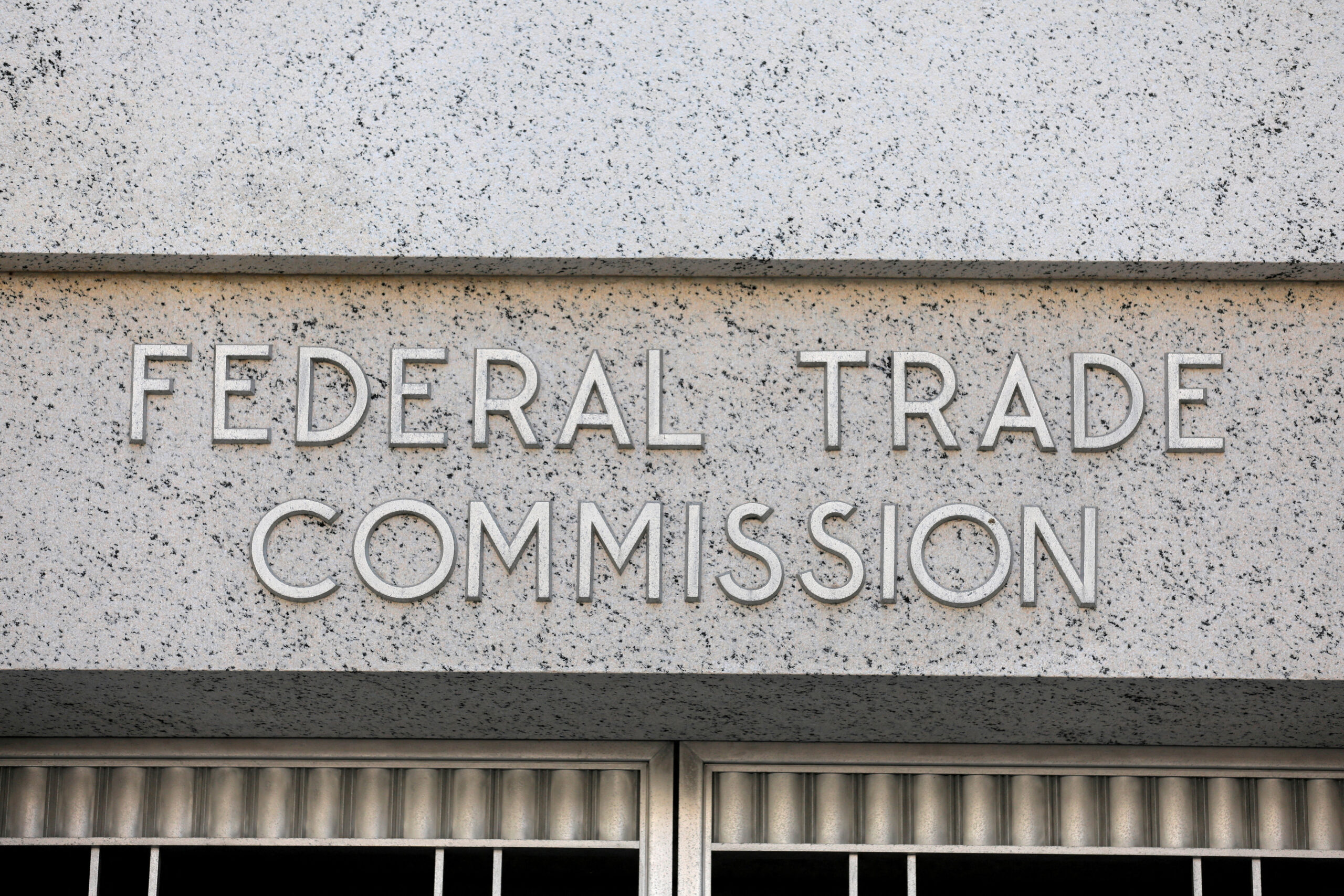The Federal Trade Commission’s (FTC) decision regarding the Microsoft-Activision merger is expected to face significant challenges on appeal, according to experts. The order, which approves the merger, has raised concerns and triggered discussions about potential antitrust issues. Let’s delve into the details and explore the insights provided by experts regarding the potential difficulties the FTC may encounter in defending its decision.
Main Body:
Experts suggest that the Federal Trade Commission’s order approving the Microsoft-Activision merger could face significant hurdles in an appeal process. The decision to greenlight the merger has drawn attention and triggered debates surrounding potential antitrust concerns.
The Microsoft-Activision merger has the potential to reshape the gaming industry, as two major players combine forces. However, the FTC’s order has prompted scrutiny, with some experts arguing that it may not withstand the challenges that could arise during an appeal.
Antitrust concerns have been raised due to the substantial market power and potential competitive implications resulting from the merger. Critics argue that the consolidation of two significant players could stifle competition, limit consumer choice, and potentially harm innovation in the gaming industry.
Experts point out that the success of an appeal against the FTC’s order would depend on the strength of the arguments put forth by those opposing the merger. This could include presenting evidence to demonstrate potential anticompetitive effects and highlighting any flaws or inconsistencies in the FTC’s analysis and decision-making process.
However, it’s important to note that successfully appealing an FTC decision can be challenging. Courts generally give deference to regulatory agencies’ expertise and discretion in matters of antitrust enforcement. To overturn the FTC’s order, appellants would need to provide compelling evidence and strong legal arguments that persuade the court to reassess the agency’s findings.
The outcome of any appeal process will ultimately depend on the courts and their interpretation of the antitrust laws and principles in question. As with any legal proceeding, it is difficult to predict the final outcome, and much will depend on the specific details, arguments, and evidence presented during the appeal.
Conclusion:
Experts anticipate that the Federal Trade Commission’s order approving the Microsoft-Activision merger may face significant challenges on appeal. Concerns have been raised regarding potential antitrust issues, as the merger could have substantial market implications. Successfully appealing the FTC’s decision will require compelling evidence and strong legal arguments to convince the courts to reassess the agency’s findings. The outcome of any appeal process remains uncertain, as it will depend on the courts’ interpretation of antitrust laws and principles. As the case unfolds, it will be closely watched to determine the final outcome and its impact on the gaming industry.

